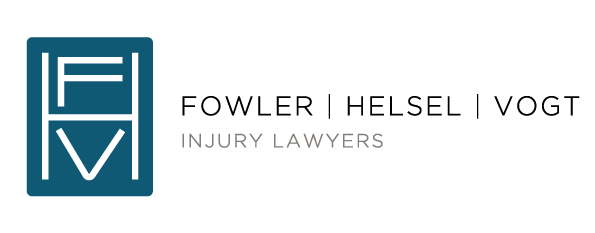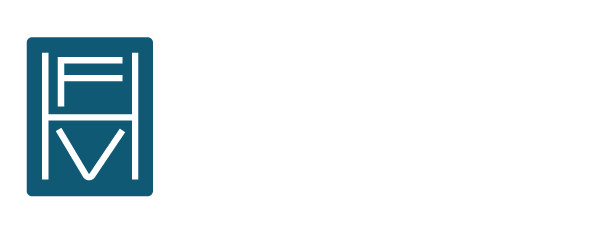While some brain injuries immediately show direct symptoms, others can have delayed symptoms or signs that can point to a variety of less severe medical conditions. If someone is injured in a traumatic event, such as a car accident, doctors will need to properly diagnose the traumatic brain injury to provide the right care to the patient.
Glasgow Coma Scale (GCS)
The Glasgow Coma Scale is a 15-point scale that helps a doctor or a medical personnel responder initially assess the severity of a brain injury by testing three functions of a patient:
Ability to speak
Ability to open eyes
Ability to move (eyes and limbs)
A patient is given a number between three and 15; the higher the number, the less severe injury. When determining the patient’s TBI severity, doctors will look at this score, as well as the person’s level of consciousness and memory loss.
Mild TBI
The GSC was 13-15
The person was conscious the entire time or unconscious for less than 30 minutes
Memory loss lasted less than 24 hours
Moderate TBI
The GSC was 9-12
The person was unconscious for more than 30 minutes and up to 24 hours
Memory loss lasted anywhere between 24 hours and 7 days
Severe TBI
The GSC was 8 or lower
The person was unconscious for more than 24 hours
Memory loss lasted more than 7 days
Imaging Testing
In addition, a medical provider can also use a variety of special imaging testing to properly diagnose the physical damage to the brain:
Computerized Tomography (CT Scan). A type of scan that takes X-rays from many angles to create a complete picture of the brain, quickly showing if there is any bleeding, bruising, or other damage
Magnetic Resonance Imaging (MRI). The use of magnets and radio waves to produce more detailed images than CT scans
Intracranial Pressure (ICP) Monitoring. A probe is inserted into the skull to monitor pressure and swelling caused by a TBI

After an accident, doctors are required to take the steps necessary to properly diagnose a TBI. Failing to properly diagnose this type of injury can lead to more devastating results.
If you suffered a traumatic brain injury in an accident, you need immediate legal representation. The person who caused your accident should be held liable for the physical and emotional injuries that you sustained. Our team of legal advocates is here to put you first and fight hard for your financial recovery.
Contact Fowler Helsel Vogt at (559) 900-1280 to schedule your free case review.


